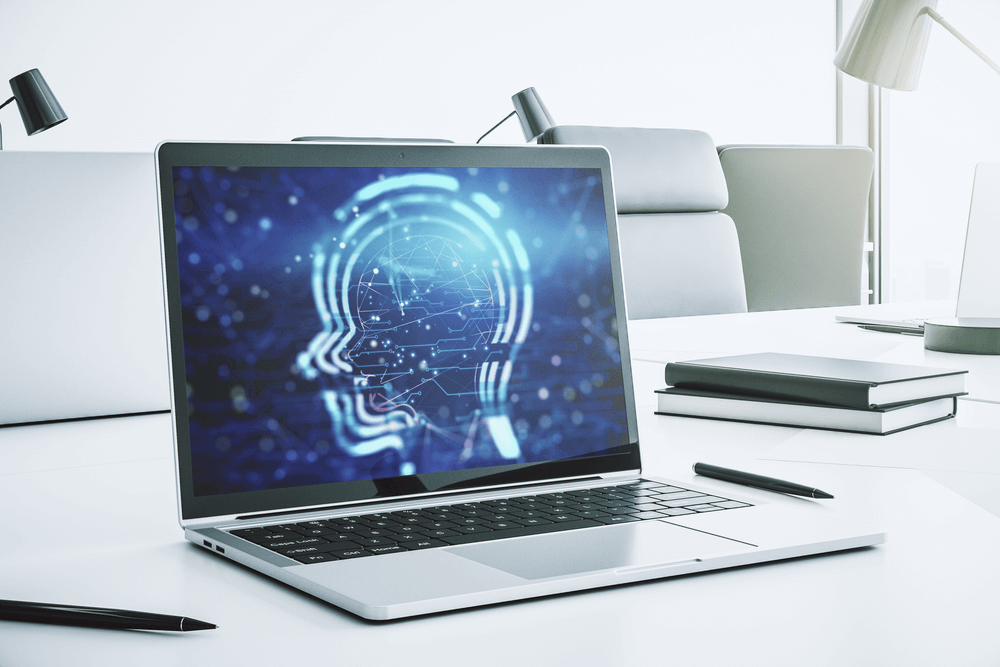Last update: Nov 12th, 2025 | Approximate reading time: 5 minutes
Artificial intelligence is reshaping the world of recruitment – and SHL, one of the global leaders in psychometric assessment, is at the forefront of this transformation.
For candidates, this shift means that preparing for SHL tests is no longer just about answering questions correctly. It’s about understanding how AI-driven assessments measure ability, consistency, and suitability for specific job profiles – and how preparation should adapt accordingly.
TL;DR
- AI-driven adaptive testing tailors difficulty, shortening tests and sharpening accuracy.
- SHL maps abilities and traits to job outcomes using large-scale data, with fairness checks.
- Prioritize accuracy and consistency—rushing or “gaming” hurts scores.
- Align prep to the role’s success profile (analytical vs. interpersonal, etc.).
- Practice in realistic conditions to stay composed as difficulty changes.
Who Is SHL?
SHL is a worldwide provider of psychometric testing solutions, trusted by thousands of organisations to support hiring and development decisions. Its tests assess a range of competencies, from cognitive ability and problem-solving to personality and situational judgement.

Some of SHL’s best-known assessments include:
- Verify G+ Ability Tests – measuring numerical, verbal, and inductive reasoning.
- Situational Judgement Tests (SJTs) – evaluating workplace judgement and decision-making.
- Occupational Personality Questionnaire (OPQ) – assessing behavioural tendencies and workplace style.
SHL assessments are used by many well-known global employers, including PwC, Deloitte, Unilever, HSBC, Barclays, Nestlé, and Siemens, among others. These organisations rely on SHL’s scientifically validated tools to identify candidates who demonstrate the right mix of ability, potential, and cultural fit for their roles.
Built on decades of research, SHL’s tools are designed to predict real-world job performance — and increasingly, they do so with the help of artificial intelligence.
AI and SHL: How Artificial Intelligence Shapes Modern Testing
Artificial intelligence has revolutionised psychometric testing – and SHL has embraced it to make assessments more adaptive, predictive, and fair.
Traditionally, every candidate received the same set of questions, regardless of ability. Today, SHL’s AI-powered adaptive testing tailors each assessment to the individual. As
candidates perform well, the questions become more difficult; if they struggle, the system adjusts to their level. This dynamic format shortens the test while providing a more precise measure of ability.

Beyond adaptiveness, SHL’s AI analyses vast datasets collected from millions of assessments and links them to job performance outcomes. This big data analysis enables SHL to identify which abilities, traits, and behavioural patterns best predict success in particular roles.
SHL’s algorithms are also continuously monitored for fairness and bias, ensuring that automated scoring remains objective and consistent across different demographics and industries. The result is a system designed to give employers greater predictive accuracy while offering candidates a more refined, personalised testing experience.
What This Means for Candidates
The rise of AI means that success in SHL assessments depends on more than just aptitude — it’s about how well you adapt to intelligent testing systems and how closely your performance aligns with the role’s success profile.
Because adaptive tests change in real time, the key to performing well is accuracy and consistency. Trying to anticipate the algorithm or rushing through questions can harm your score. Instead, focus on maintaining composure and applying logical reasoning carefully at each stage. Practising under realistic conditions helps build the steadiness needed to perform consistently, even as the test evolves.
At the same time, SHL’s use of large-scale performance data means your results are interpreted in relation to the competencies that drive success in the specific role you’ve applied for. Understanding that profile – for example, analytical thinking in technical roles or interpersonal awareness in leadership positions – helps you prepare with purpose. When you know what the test is designed to measure, you can practise accordingly and present your strengths more effectively.
In short, mastering SHL’s AI-enhanced assessments requires both the mental agility to adapt to changing difficulty and the strategic awareness to align your performance with the employer’s expectations.
Conclusion
Artificial intelligence has fundamentally changed how SHL designs and interprets psychometric assessments. By combining adaptive testing with large-scale data analysis,
SHL provides employers with deeper insights into candidate potential — and candidates with more refined, personalised challenges.
To perform your best, approach these tests with a clear understanding of how AI shapes them: practise consistently to handle adaptive scoring, and prepare strategically to align with the success profile of your desired role.
If you’d like to explore authentic SHL-style practice materials that reflect these adaptive and data-driven features, visit JobTestPrep’s SHL Practice Page for free tests, full PrepPacks™, and expert guidance tailored to SHL’s latest assessments.





